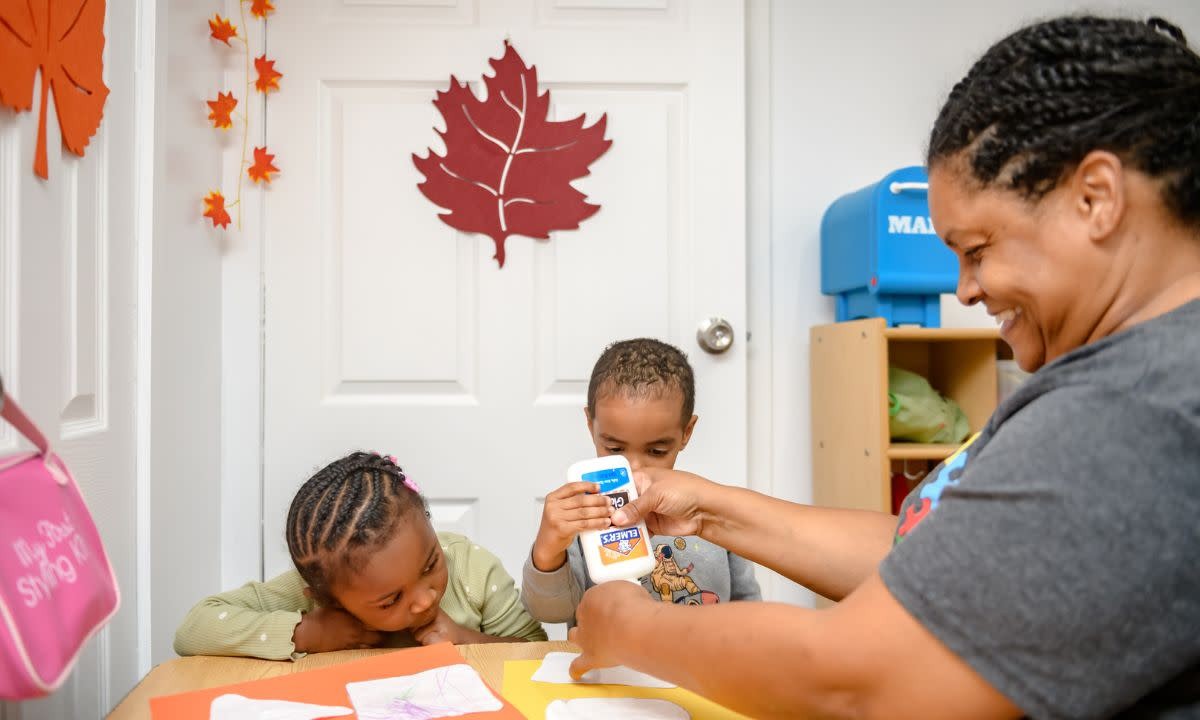
In a groundbreaking initiative aimed at supporting home-based child care providers, a new pilot program in Philadelphia is providing $500 monthly payments to help stabilize incomes in this essential profession.
The Thriving Providers Project, launched in 2022 by Home Grown, deposits guaranteed monthly payments into the accounts of 45 child care providers across Philadelphia. The program aims to address the financial challenges faced by home-based caregivers who often struggle with income volatility and thin profit margins.
Carmen Reaves, a veteran child care provider with 25 years of experience in Philadelphia's Overbrook Park neighborhood, is among the program's beneficiaries. "The home is a warmer atmosphere for babies, infants and young toddlers," says Reaves, who maintains an insurance agent position on the side to supplement her income.
The financial reality for many child care providers is stark. Despite holding advanced degrees and running high-quality programs, providers often earn around $14 per hour after expenses. According to recent data, 43% of early childhood educators rely on public assistance programs for basic needs.
The program addresses potential complications with existing benefits by providing counseling to participants, helping them navigate strategies to maintain their current public assistance while receiving the additional funds. Some states have implemented waivers to protect participants' existing benefits during the pilot.
The initiative extends beyond Philadelphia, with similar programs operating in Colorado and New York City. Future expansions are planned for southwest Pennsylvania and Los Angeles.
For providers like Reaves, the monthly payments offer practical support for business operations and personal well-being. The funds allow her to hire backup care when needed and invest in self-care activities. "If you don't take care of yourself, there's no taking care of anyone else," Reaves notes.
The program represents more than just financial assistance - it acknowledges the value of home-based child care providers in communities. As Reaves puts it, "They're recognizing that, wow, these people are working hard."
Early results from similar programs suggest positive impacts. In Colorado, participants report using the funds for essential expenses including bills, food, and supplies for the children in their care.
The success of this pilot program could influence future policy decisions about supporting home-based child care providers nationwide, particularly as new federal rules guide states to improve payment practices in the sector.